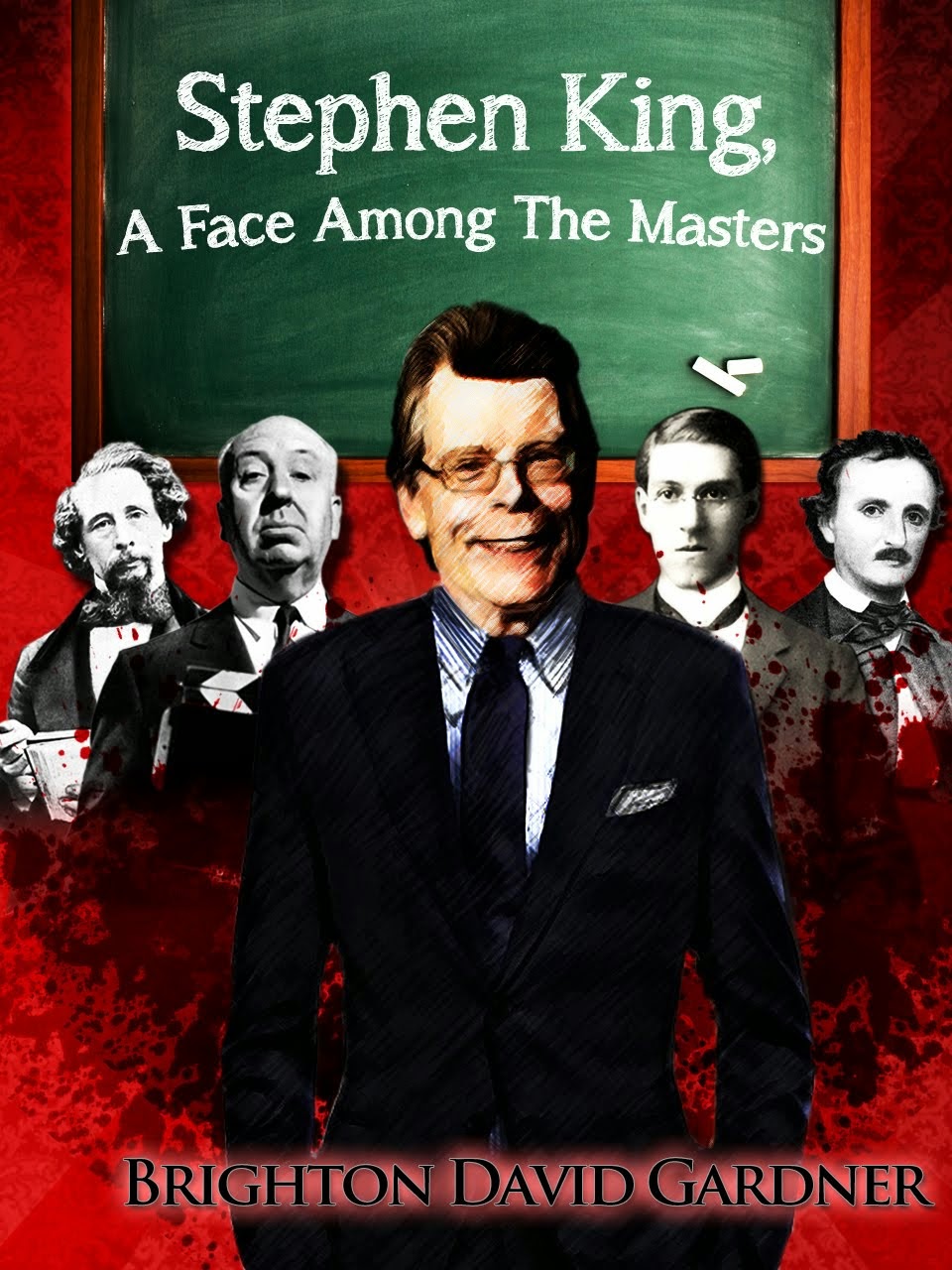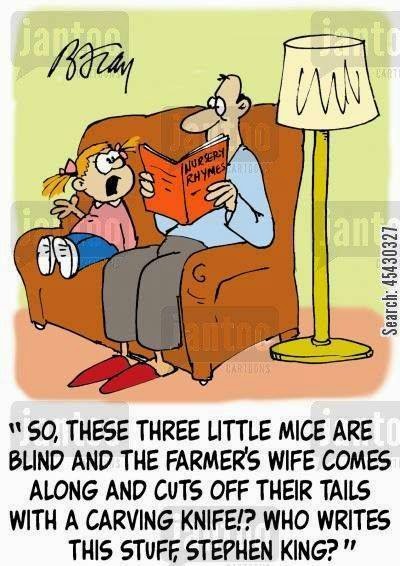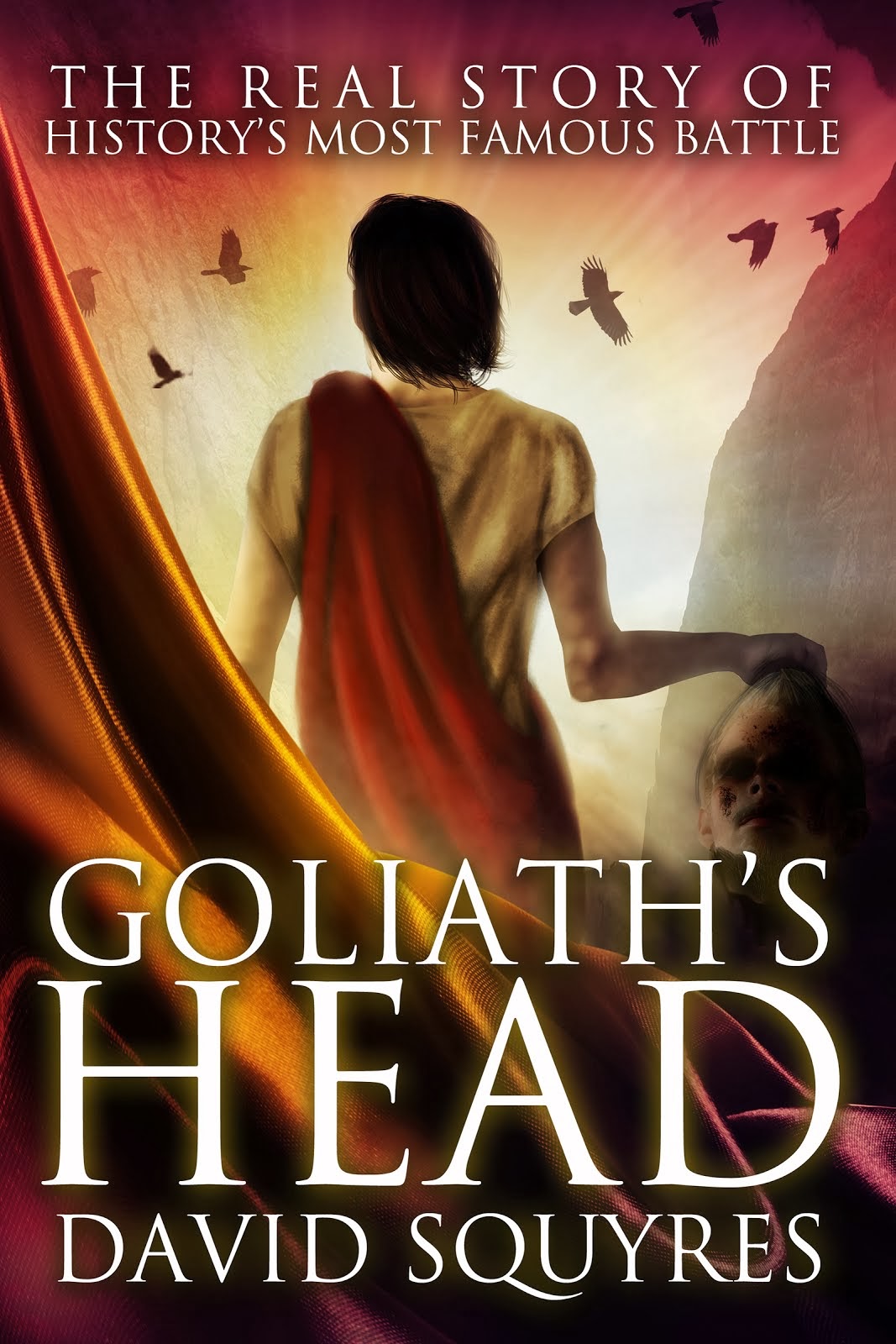10 Best Stephen King Books
Rolling Stone did a poll, asking what the 10 best Stephen King books are. The answers -- a little ridiculous. (www.rollingstone.com) I am glad they allowed novella's to count.
Here is the Rolling Stone line up:
10. Wizard and Glass. (REALLY?!)
9. Rita Hayworth and the Shawshank Redemption.
8. The Dead Zone
7. The Green Mile
6. 11.22.63
5. Misery
4. Salem's Lot
3. The Shining
2. IT
1. The Stand
I wonder if Shawshank might be getting a huge boost from movie memory. I read the novella recently, and was struck by how much butter the movie is. In fact, the same is true of The Body, which was turned into Stand By Me. I liked the movie better. In turn, I wonder if books like Bag of Bones might be overlooked because of the poor performance of the mini-series. Notice all the books selected were adapted nicely to screen, with the exception of Wizard and Glass. In fact, The Deadzone and The Shining have both been given multiple treat
And I'm glad a Dark Tower novel made the list. . . but Wizard and Glass? My favorites of that series were Drawing of the Three and Wolves of the Calla.
What would a correct list look like? Glad you asked. . .
10. Christine
9. The Green Mile
8. Joyland
7. Salem's Lot
6. Dolores Claiborne
5. 11.22.63
4. The Shining
3. Pet Sematary
2. IT
1. The Stand
So I chose a lot of books people tell me they don't like. (Pet Sematary, Christine, Joyland, Dolores Claiborne.) But in many ways, these novels are much stronger than they are given credit for. Dolores Claiborne in particular is an incredibly intense novel that is driven by both character and plot. In fact, there are two plots moving through the book, and a connection point to Gerald's Game. Frankly, it's brilliant. Why is it so easily overlooked? Because it was written in a period that was experimental for King. So books like Needful Things, Gerald's Game, Rose Madder were not as strong and to some degree, I think, caused Dolores Claiborne to be lumped in with them.
Also, Pet Sematary is a dark, terrible novel. (Expect a similar darkness to loom over Revival.) But it is also a strong novel. In fact, I think it is better -- even scarier in theme --than The Shining. Think about it, the guy digs up his dead sons body! King takes you there! The Shining is an exceedingly closed in novel; at points it's a tough read. The Shining has been romanticized, so people give it a little more grace than they might otherwise. The thing is, The Shining is very closed in; almost claustrophobic. In fact, note what reviews at the time said compared to modern readers. The story is almost solely carried by three characters trapped in a hotel. It is slow going for a few pages. Yeah, when it starts rolling, it's good stuff!
I also think Joyland is too easily skipped over. What's great about that book is not the plot; the mystery is secondary. What makes the novel really strong is King's ability to take us back to 1973 and to the feelings of first love. It's one thing to read a book King wrote in the 70's and think, "wow, this feels like the seventies alright." Try reading the original edition of The Stand. In fact, the revised version of The Stand still has flavors of the seventies. But with Joyland, King wasn't writing during the period; but he perfectly recreated it. He did something similar with both IT and 11.22.63.
Does Christine deserve to be on a Stephen King top ten list? I think so. Not only is the novel a good one, but it represents the young Stephen King anxious to just drive the horror home. It's a bloodbath; and unapologetically so. The reader can feel King's joy. Cars, rock and roll, and girls -- oh, and a ghost. It's not "deep" -- but it is a delight for the horror fan. King got himself into a hole when he wrote his narrator into a hospital bed. So mid novel, he switched to third person! I'm surprised he didn't rewrite the novel to stay with one perspective; but ultimately it is fine with me. Who really cares if a writers switches between narrative styles? Only my English teacher; and she's dead.
Don't you hate top ten lists? Me too. Good, now give me yours. . .
Far more fun than a 10 Best list is a 10 worst list. And the funny thing is -- I still read and enjoy several of the books off this list. They're just not King at the top of his game. But, unable to come up with TEN -- here's five.
5. Gerald's Game
4. Insomnia.
3. The Tommyknockers
2. Dreamcatcher
1. Cell
The Stephen King Companion: Four Decades of Fear from the Master of Horror
First the confession:
I dropped out of the Bazaar of Bad Dreams. Stopped with Bad Little Kid. This is not a complaint about Stephen King. This is my difficulty with reading books of short stories. Not short stories. Books of short stories. On audio. Each time I start to feel slightly committed -- if those feelings ever come -- the end jumps out at you and it's all over.
Batman and Robin have an Altercation was awesome. But there were others there that I just didn't get. A man and woman have an argument. The woman dies. That's all. On to the next story. . . . HUH? What was this story about? Reading books of short stories makes me feel like a golf ball hit full swing in a tile bathroom.
I feel bad. Like I did when I gave up on Insomnia. Am I still a constant reader if I drop out on the latest book? Of course. I just don't do as well with those short stories.
By the way, a word of parting on Bazaar -- I really like the introductions King does to each story.
The Stephen King Companion:
Setting Bazaar aside, I've started reading the new George Beahm book, The Stephen King Companion. I think this would be companion book number 3 for Beahm, but I'm losing track. He is also author of America's Best Loved Boogeyman and several other King books.
The book does two things in the early biographical portions --
First, Beahm does an excellent job introducing new biographical material that was previously absent from other works. Drawing on PBS' investigation into King's past, we learn about King's father, Donald King, and where he went after he left the family.
Second, most of what Beahm introduces thus far is not really new. Meaning: He doesn't seem to have gone and done new interviews -- he is pulling already published materials together into a single source. That's okay, because I like it. But I am starting to cringe at the sheer number of times The Stephen King Encyclopedia is mentioned. I read that book, and loved it! And I'm enjoying Beahms book. But (BUT!) this is starting to feel like an updated version of the Encyclopedia with a new format.
WAIT -- I was wrong.
It would be easier to just erase the above. The danger in blogging as I read is that I complain and then get proven wrong. There's plenty of new stuff here. Just read a great (GREAT) interview in the book that is with one of King's childhood friends.
Whining aside, the book really is very good. Beahm is my favorite King biographer, and his insights are always sharp. Besides, he holds a special place in my heart because he once confessed (I think in the first Stephen King Companion) that he just couldn't get into the Talisman. I felt such sweet comfort when he said that.
Strange, isn't it, that I would go from reading Stephen King to reading about Stephen King. I'm sure I'll return to the Bazaar, but for now, George Beahm has me pretty engrossed.
By the way, the introduction by Stephen Spignesi was worth the price of admission.
11.22.63 trailer
One of my favorite books is coming to Hulu as a television series. I'm really excited!
Subscribe to:
Posts (Atom)









